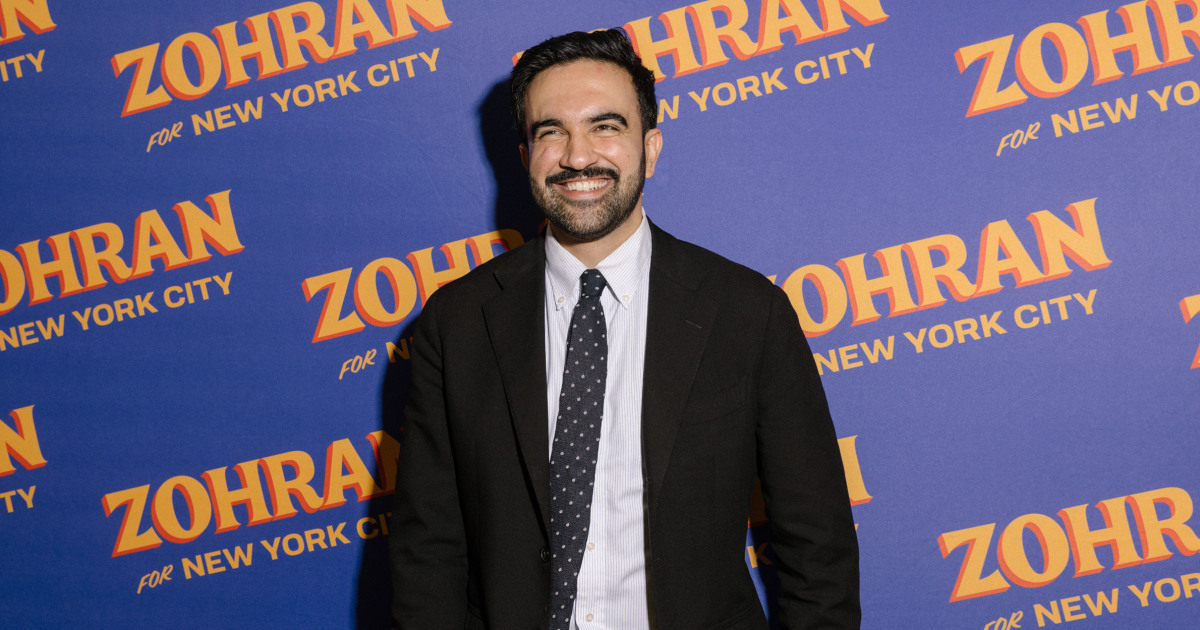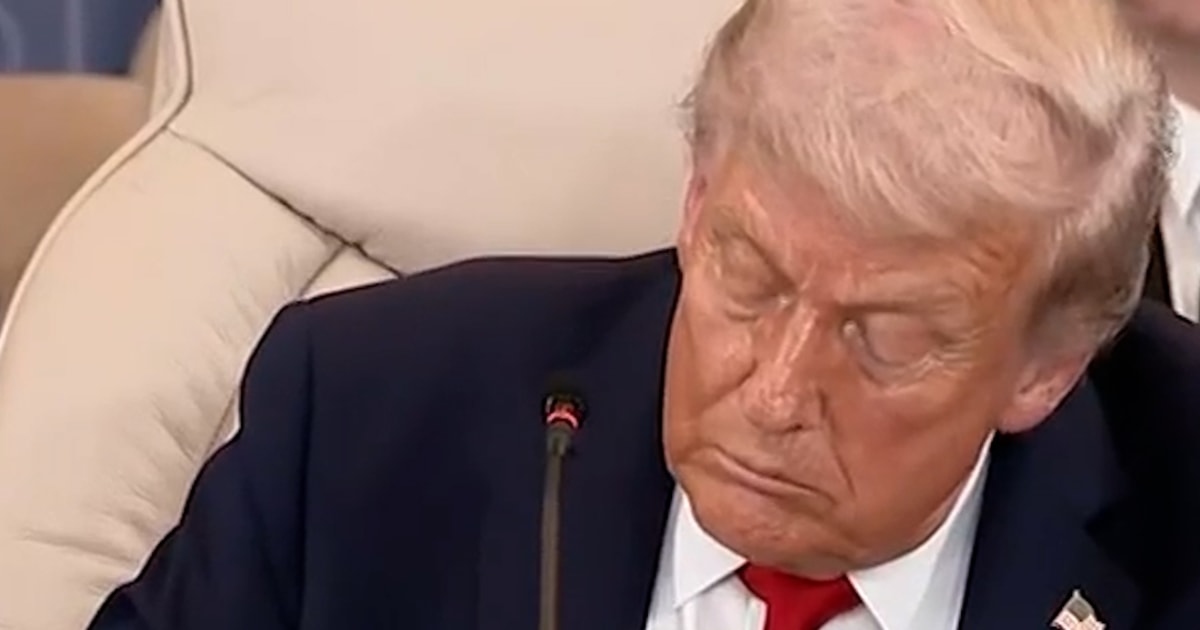Law enforcement agencies warned earlier this year that young people were being radicalized in Discord servers, according to documents obtained by NBC News.
Source link
Sept. 24, 2025, 5:00 AM EDTBy Kevin CollierState and federal law enforcement agencies warned earlier this year that young people were at risk of radicalization on the chat platform Discord, according to government documents obtained by NBC News.Two intelligence assessments from the Department of Homeland Security and Ohio’s Statewide Terrorism Analysis & Crime Center (STACC) marked for distribution to police specifically cite Discord as a platform on which American youth have been exposed to extremist material from foreign terrorist organizations. Both documents are unclassified but marked “For Official Use Only.” They were obtained by the Property of the People, a pro-transparency nonprofit that seeks and publishes government documents through Freedom of Information Act requests, and shared with NBC News.It’s unclear how widely disseminated the documents were, but law enforcement information centers like STACC routinely share warnings and analysis with other police agencies.The reports, which draw on academic studies and law enforcement data, provide insight into how officials understand the risks of online radicalization. The FBI declined to comment and the Department of Homeland Security (DHS) did not respond to a request for comment. Discord did not respond to a request for comment about the documents.Discord, which was launched in 2015 as a communications platform for gamers, is particularly popular with young men — a 2023 Pew study found that a third of teen boys in the U.S. used it. Discord has previously faced criticism over its moderation practices. The platform allows for the creation of private chat groups on nearly any topic, and has long faced criticism over lax moderation. Co-founder and former Discord CEO Jason Citron testified to the Senate Judiciary Committee in January 2024 that Discord uses a mix of proactive and reactive tools to enforce its terms of service and community guidelines.One DHS memo from the Office of Intelligence and Analysis, dated Jan. 21, said that “specific discussions or aspirational plotting tends to occur on Discord, where the average age of members — when determinable — was 15, according to academic reporting.”In 2021, the Institute for Strategic Dialogue, a London think tank, found 24 English-language Discord servers associated with extreme right-wing activity. It determined that the average age of members was 15 and that they sometimes discussed far-right terror groups like the neo-Nazi Atomwaffen Division.Suspects in several high-profile mass shooting events in recent years allegedly used Discord to announce their actions or trade in violent or nihilistic content there. In 2022, the shooter in Buffalo, New York, who has since pleaded guilty to numerous charges related to killing 10 people, appeared to have posted a to-do list for the shooting on the platform. A few months later, the man who eventually pleaded guilty to killing seven in Highland Park, Illinois, appeared to have shared violent memes there.In 2024, an Iowa school shooter who killed two people before dying of a self-inflicted gunshot wound had warned on Discord that he was “gearing up.”A second document, dated April 30, jointly produced by DHS and Ohio’s STACC, focuses on attempts by foreign terrorist organizations to radicalize minors online. The website for STACC describes itself as Ohio’s primary fusion center, or law enforcement intelligence sharing hub. It did not respond to a request for comment.Since August 2023, STACC said, the U.S. had disrupted three plots nationwide in which juveniles had reportedly shared the Islamic State terrorist group’s messaging “in online environments, including private Discord chats and gaming platforms.”The April memo found that domestic violent extremists “create and disseminate violent content on youth-oriented platforms,” with some specifically calling on minors to commit violence before they become legal adults.Western countries more broadly, the second document said, have disrupted “more than 20 juvenile-driven plots” between January and November 2024. The documents, which primarily address radicalization of youth by foreign terrorist groups, also say that young Americans have been exposed to ISIS content online in spaces designed for minors. Teenagers “probably have become increasingly susceptible to such messaging due to post-pandemic shifts in online behavior, social isolation, and rising mental health issues,” one of the memos says.Discord has gained increased attention over recent weeks after authorities said that Charlie Kirk’s alleged assassin used the chat app to communicate with friends in the wake of the killing. No law enforcement official has suggested that the suspect coordinated the attack with anyone else. Discord, in a statement last week, confirmed the suspect had an account on its platform, but said it has “found no evidence that the suspect planned this incident or promoted violence on Discord.” Last week, FBI Director Kash Patel said that the agency was looking into more than 20 people who shared a private Discord channel with the suspect. Discord does not encrypt its private channels, meaning that the company has technical access to users’ conversations and can turn them over to law enforcement if presented with a court order or warrant.It has, however, been repeatedly accused of lax moderation. The company has also been the subject of an ongoing lawsuit alleging it didn’t do enough to stop predators, and it has been referred to as a platform for abusers in other child exploitation cases. Discord has said that it does not comment on legal matters and that it has ramped up its safety practices.Discord’s most recent transparency report said that the company had disabled 36,966 accounts in the first half of 2024 for promoting violent and graphic content or extremism. The U.S. government asked it for information on user accounts or servers 3,782 times in that period, the report said.Kevin CollierKevin Collier is a reporter covering cybersecurity, privacy and technology policy for NBC News.




